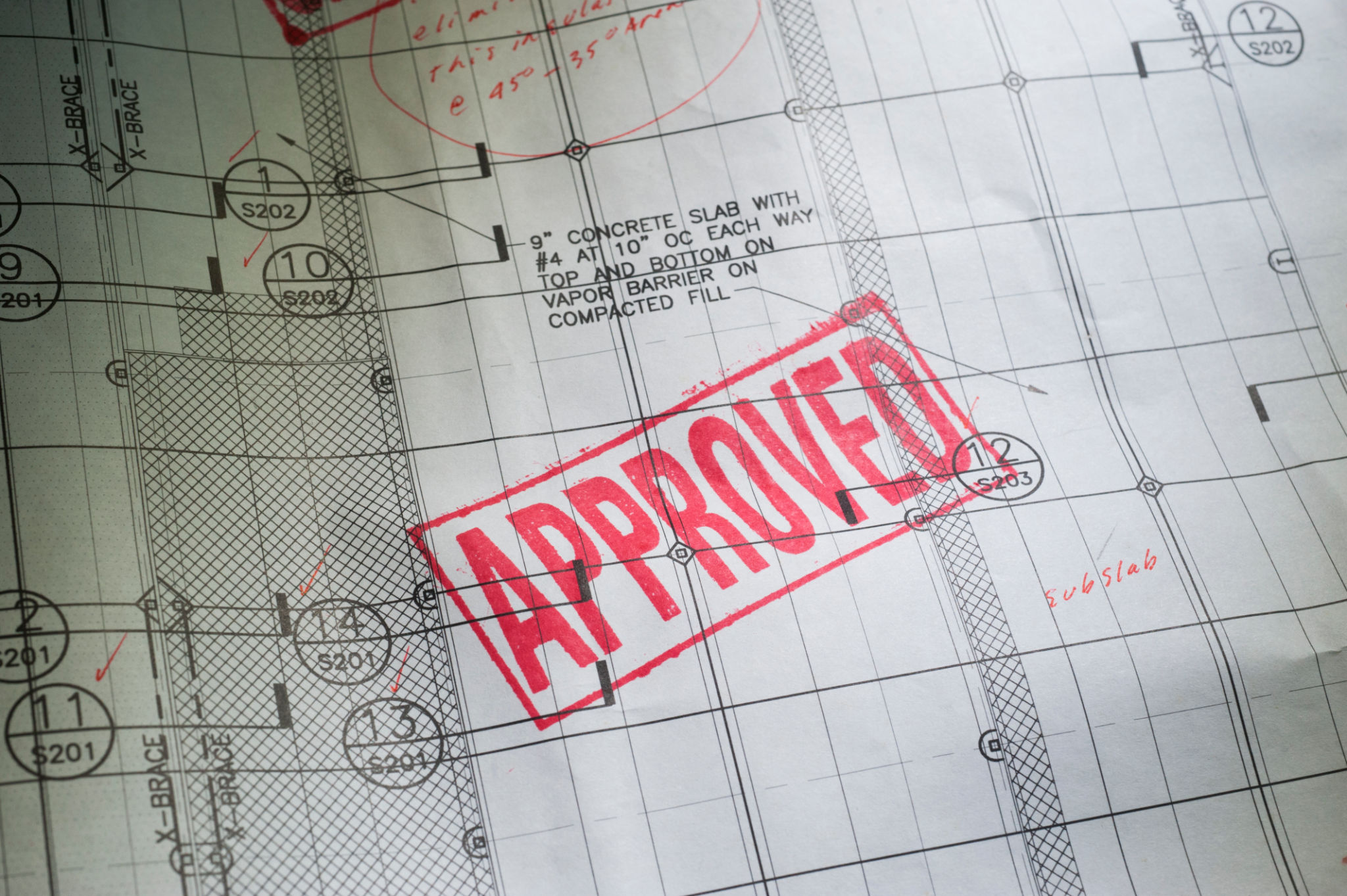Understanding Hazardous Waste Permits: A Guide for Businesses in the Philippines
What is Hazardous Waste?
Hazardous waste refers to substances that pose significant risks to public health or the environment if not managed properly. These materials can be in the form of solids, liquids, or gases and may originate from various industrial or commercial activities. Understanding what constitutes hazardous waste is crucial for businesses to ensure compliance with regulations.

The Importance of Permits
In the Philippines, managing hazardous waste requires obtaining specific permits. These permits are designed to regulate the generation, storage, treatment, and disposal of hazardous materials, thereby minimizing their potential impact. Businesses that fail to secure these permits risk facing legal penalties and contributing to environmental degradation.
Types of Hazardous Waste Permits
There are several types of permits that businesses may need to secure based on their operations. These include:
- Generator's Permit: Required for businesses that produce hazardous waste.
- Transporter's Permit: Necessary for entities involved in the transport of hazardous waste.
- Treatment, Storage, and Disposal (TSD) Facility Permit: Needed for facilities that handle the treatment, storage, or disposal of hazardous materials.

Applying for a Hazardous Waste Permit
The process of applying for a hazardous waste permit involves several steps. Businesses must first conduct a proper assessment to determine the type and quantity of waste generated. This is followed by the preparation and submission of an application to the relevant government agency, such as the Environmental Management Bureau (EMB).
Steps for Application
The general steps for applying include:
- Identify Waste: Classify and quantify the hazardous waste generated.
- Prepare Documents: Compile necessary documents such as environmental compliance certificates.
- Submit Application: File the application with the EMB along with the required fees.
- Inspection and Approval: Await inspection and approval from authorities.

Compliance and Monitoring
Once a permit is obtained, businesses must adhere to strict compliance and monitoring standards. This includes regular reporting on waste management activities and ensuring that all procedures align with environmental regulations. Continuous monitoring helps in identifying potential risks and implementing corrective measures promptly.
Benefits of Compliance
Complying with hazardous waste permit requirements not only prevents legal issues but also enhances a company’s reputation. It demonstrates a commitment to environmental stewardship and can improve relationships with stakeholders and customers who prioritize sustainability.

Challenges and Solutions
While obtaining and maintaining hazardous waste permits can be challenging, especially for small businesses, solutions such as hiring environmental consultants or investing in training programs can ease the process. Collaboration with industry peers can also provide valuable insights and resources for effective waste management.
In conclusion, understanding and obtaining the necessary hazardous waste permits is essential for businesses in the Philippines. By adhering to these regulations, companies not only fulfill their legal obligations but also contribute to the protection of the environment and public health.
